The following individuals received grants and awards conferred by Canadian agencies to address issues and challenges arising from the COVID-19 pandemic:
CIHR Emerging COVID-19 Research Gaps and Priorities Grant

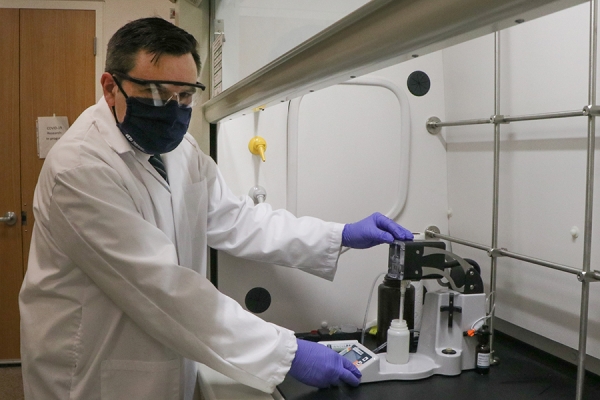 Drs. Yufeng Tong from the Department of Chemistry and Biochemistry, Mike McKay from the Great Lakes Institute for Environmental Research, Kenneth Ng from the Department of Chemistry and Biochemistry, Lisa Porter from the WESpark Health Institute, and Kendall Soucie from the Department of Psychology were awarded a CIHR Emerging COVID-19 Research Gaps and Priorities Grant for their project entitled, Optimizing a cost-efficient and scalable COVID-19 early warning system for Canada’s busiest border crossing region.
Drs. Yufeng Tong from the Department of Chemistry and Biochemistry, Mike McKay from the Great Lakes Institute for Environmental Research, Kenneth Ng from the Department of Chemistry and Biochemistry, Lisa Porter from the WESpark Health Institute, and Kendall Soucie from the Department of Psychology were awarded a CIHR Emerging COVID-19 Research Gaps and Priorities Grant for their project entitled, Optimizing a cost-efficient and scalable COVID-19 early warning system for Canada’s busiest border crossing region.
This innovative initiative combines wastewater testing, a low-cost saliva-based RNA-extraction-free rapid method, and next-generation and single molecule sequencing to establish a surveillance-based informative framework (SBIF) for early monitoring the emergence of SARS-CoV-2 variants to inform community surveillance, keep schools and essential economy sectors open, while protecting vulnerable populations.

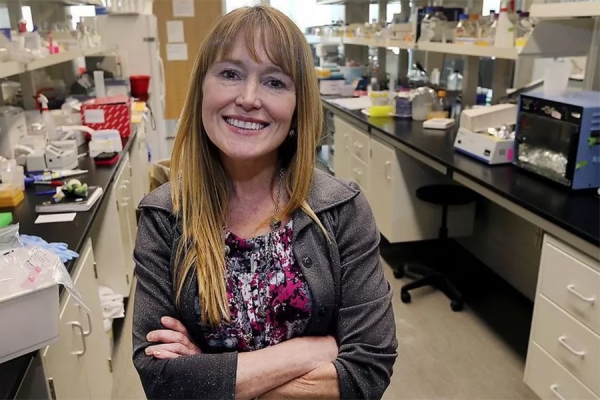

NSERC Encouraging Vaccine Confidence in Canada Grants
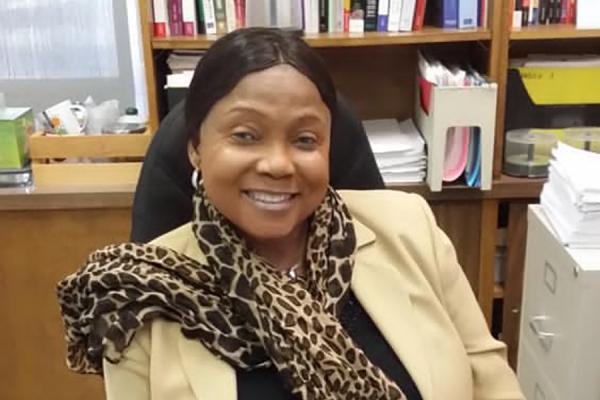 Dr. Francisca Omorodion from the Department of Sociology, Anthropology, and Criminology was awarded an NSERC Encouraging Vaccine Confidence in Canada Grant for her project entitled, Improving the uptake of COVID-19 vaccine among African population living in Windsor-Essex County.
Dr. Francisca Omorodion from the Department of Sociology, Anthropology, and Criminology was awarded an NSERC Encouraging Vaccine Confidence in Canada Grant for her project entitled, Improving the uptake of COVID-19 vaccine among African population living in Windsor-Essex County.
The COVID-19 pandemic is a public health problem with clearly defined racial and ethnic disparities, with the Black population disproportionately affected. This initiative focuses on the African community living in Windsor-Essex County, with the ultimate goal of increasing the uptake of COVID-19 vaccines. Dr. Omorodion aims to improve knowledge about COVID-19 and to address misconceptions around the virus and vaccines. Engagement and mobilization of the population will rely on social capital and association with community and service organizations. Workshops will be hosted to raise awareness and knowledge about COVID-19 pandemic and vaccines, while social media will focus on developing and dissemination messages using native advertisement on various social media platforms like Facebook, Instagram, and Twitter. Ultimately, this initiative will develop and use culturally appropriate messages to reach out to a broad spectrum of the African population, in terms of gender, age, religion, and language.
 Drs. Paula van Wyk from the Department of Kinesiology, Debbie Kane from the Faculty of Nursing, Ziad Kobti from the School of Computer Science, and Patricia Weir from the Department of Kinesiology were awarded an NSERC Encouraging Vaccine Confidence in Canada Grant for their project entitled, Increasing education and vaccine literacy among adults in southwestern Ontario.
Drs. Paula van Wyk from the Department of Kinesiology, Debbie Kane from the Faculty of Nursing, Ziad Kobti from the School of Computer Science, and Patricia Weir from the Department of Kinesiology were awarded an NSERC Encouraging Vaccine Confidence in Canada Grant for their project entitled, Increasing education and vaccine literacy among adults in southwestern Ontario.
Evidence is clear that a large percentage of the adult population is not fully vaccinated for conditions and diseases that have been around for decades, a situation that has been exposed by COVID-19, making these individuals a risk to themselves and the general population. COVID-19 has also highlighted the increasing number of individuals who have poor vaccine literacy and who are experiencing vaccine hesitancy. This initiative will provide information and knowledge to educate this population to reduce vaccine hesitancy while improving vaccine compliance and confidence. Through an interactive website, physical mailouts, and educational resources, information will be aimed at improving awareness of vaccines and boosters for adult populations. Using these educational tools, this team will assist adult populations to make evidence-based decisions, translate knowledge into compliance, and move Windsor-Essex County towards reaching the national coverage goals (80%) of vaccine uptake.


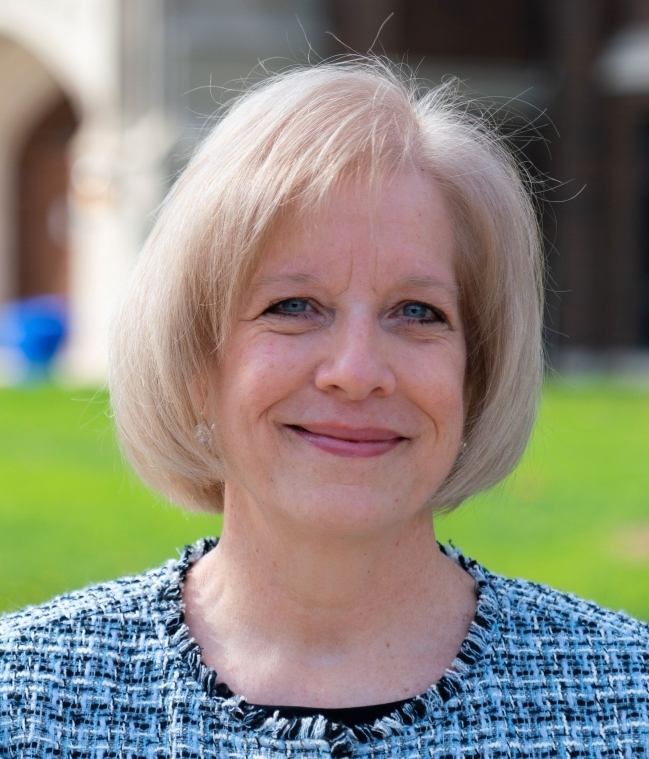
SSHRC Partnership Engage COVID-19 Special Initiative Grant
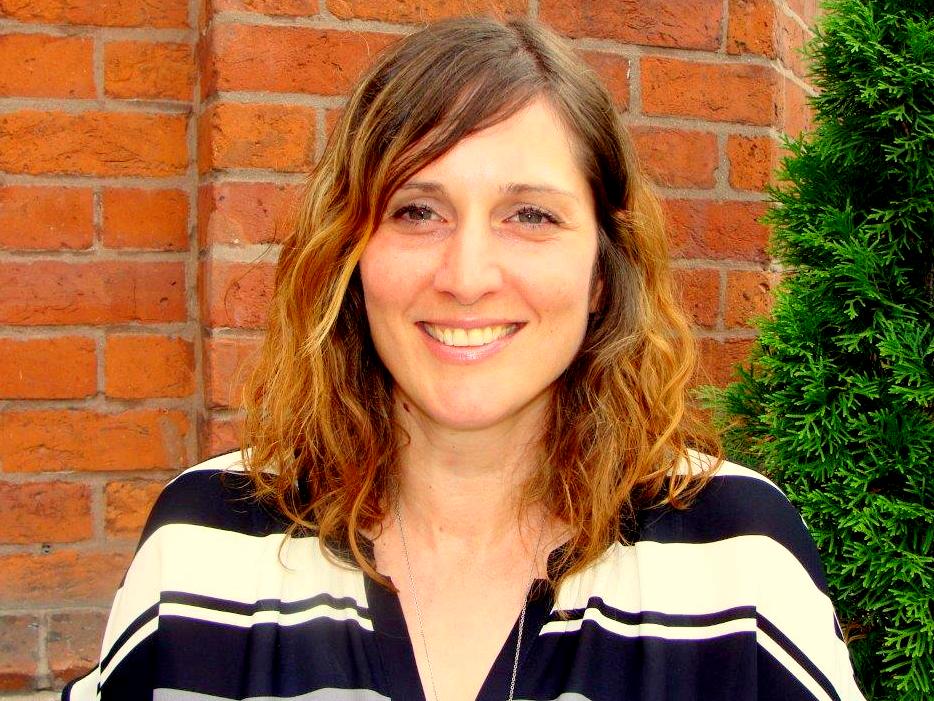
Drs. Kristen Lwin and Robin Wright from the School of Social Work were awarded a SSHRC Partnership Engage COVID-19 Special Initiative Grant for their project entitled, COVID-19: Effective Remote Engagement of Child Welfare Service Users during a State of Emergency.
The COVID-19 pandemic and state of emergency resulted in the majority of Ontarian child welfare services being implemented through remote communication. This change in service delivery had never been used by most child welfare organizations. It is unclear, in these conditions, whether child welfare services can keep children or youth who have experienced maltreatment safe. Peel Children's Aid Society (CAS) in Mississauga, Ontario is a large urban child welfare organization that was required to provide the majority of their service via remote communication. Engagement with service users is one of only a handful of areas that is associated with positive family outcomes. However, there is no research that examines how to engage families in child welfare services via remote communication. Therefore, it is critical for to explore how child welfare workers engage families during this mode of service delivery. Drs. Lwin and Wrights’ goal of this study is to explore how Peel CAS child welfare workers effectively engage service users through a remote service-delivery format necessitated by the current state of emergency. The objectives are to explore (1) caregiver, (2) youth, and(3) child welfare worker perceptions of engagement during receiving or providing remote child welfare services.

